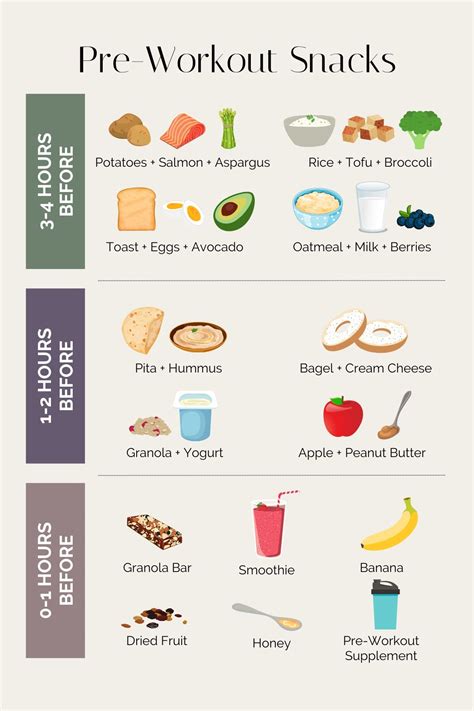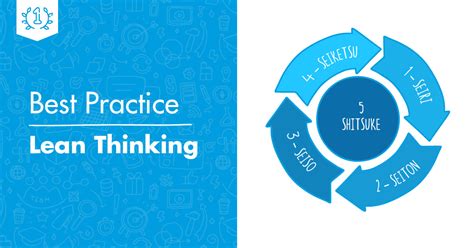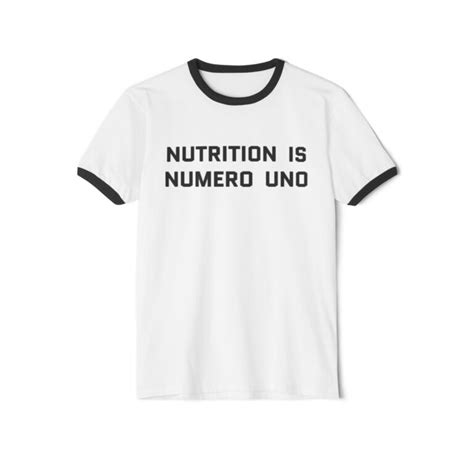Fueling Your Performance: The Science Behind Pre-Workout Nutrition
The quest for peak athletic performance, whether in the gym or on the field, often leads individuals to scrutinize their training regimen and recovery strategies. However, one critical component that can significantly impact muscle gain, strength, and endurance is often overlooked or misunderstood: pre-workout nutrition. What you consume before hitting the weights or engaging in intense cardio isn’t just about staving off hunger; it’s about strategically supplying your body with the necessary building blocks and energy reserves to maximize output and stimulate growth.

The Power Trio: Carbohydrates, Protein, and Fats
An optimal pre-workout meal is a carefully orchestrated balance of macronutrients, each playing a distinct role in preparing your body for the demands ahead.
Carbohydrates: Your Primary Energy Source
Carbohydrates are king when it comes to immediate and sustained energy during exercise. They are broken down into glucose, which is stored as glycogen in your muscles and liver. During a workout, glycogen is converted back into glucose to fuel muscle contractions. The type and timing of carb intake are crucial:
- Complex Carbohydrates (Slow-Digesting): Foods like oats, brown rice, whole-wheat bread, and sweet potatoes provide a steady release of glucose into the bloodstream, offering sustained energy for longer training sessions. Consume these 2-3 hours before your workout.
- Simple Carbohydrates (Fast-Digesting): Fruits (bananas, berries), white rice, or even a small amount of honey can provide a quick energy boost, especially if consumed closer to your workout (30-60 minutes prior) or if your complex carb meal was further out.

Protein: The Muscle Defender and Builder
While carbohydrates provide the fuel, protein is essential for muscle repair and growth. Consuming protein pre-workout helps prevent muscle breakdown (catabolism) during intense exercise and kick-starts the muscle protein synthesis process. Aim for easily digestible sources:
- Lean protein sources: Chicken breast, turkey, fish, Greek yogurt, eggs, or a whey protein shake.
- Pairing protein with carbohydrates is highly effective, as insulin release from carbs helps drive amino acids into muscle cells.

Fats: Sustained Energy (In Moderation)
Healthy fats, such as those found in avocados, nuts, seeds, and olive oil, are a dense source of energy. However, they digest slowly, meaning they are less ideal for immediate pre-workout fuel. While beneficial for overall health and satiety, keep fat intake relatively low in your immediate pre-workout meal (especially within an hour or two) to avoid digestive discomfort and ensure quicker nutrient absorption.
Timing Your Pre-Workout Fuel for Optimal Results
The “when” is almost as important as the “what.”
- 2-3 Hours Before: A larger, balanced meal containing complex carbohydrates, lean protein, and a small amount of healthy fats. This allows ample time for digestion and nutrient absorption.
- 30-60 Minutes Before: A smaller, easily digestible snack, primarily focusing on simple carbohydrates and a bit of protein. Think a banana with a scoop of whey protein, or a handful of berries.

Don’t Forget Hydration
Proper hydration is non-negotiable for peak performance. Dehydration can impair strength, endurance, and cognitive function. Start hydrating well before your workout and continue to sip water throughout your training session. Consider adding electrolytes for longer or more intense workouts.
Putting It Into Practice: Example Pre-Workout Meals
- 2-3 Hours Before: Oatmeal with berries and a scoop of protein powder; Chicken breast with sweet potato and greens; Brown rice with lean ground turkey.
- 30-60 Minutes Before: Banana with a small serving of almond butter; Greek yogurt with fruit; Rice cakes with a smear of jam; Whey protein shake with water.
The Role of Supplements (Optional)
While whole foods should form the foundation, certain supplements can complement your pre-workout strategy:
- Creatine: Enhances strength, power, and muscle mass by increasing ATP regeneration. Best taken daily, not just pre-workout.
- Caffeine: Boosts energy, focus, and can reduce perceived exertion. Consume 30-60 minutes before training.
- Beta-Alanine: Reduces muscle fatigue, allowing for more reps and sets.
- BCAAs (Branched-Chain Amino Acids): Can help reduce muscle breakdown during very intense or fasted training, though often redundant if sufficient dietary protein is consumed.

Conclusion: Fuel Smart, Train Hard
Optimizing your pre-workout fuel is a powerful strategy for unlocking greater muscle gain, enhancing energy levels, and improving overall workout performance. By understanding the roles of carbohydrates, protein, and fats, and by timing their consumption strategically, you can provide your body with the precise nutrients it needs to push harder, recover faster, and build the physique you desire. Experiment with different foods and timings to discover what works best for your body and your training goals, turning every workout into a maximally productive session.




